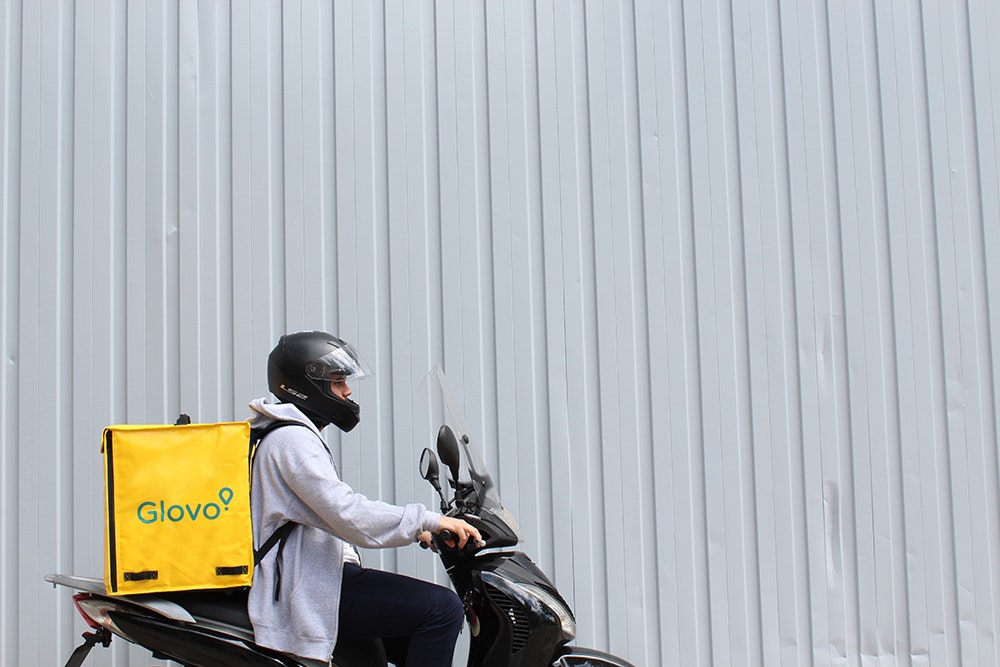Spanish food delivery company Glovo is selling its Latin American operations to German food delivery giant Delivery Hero.
Delivery Hero will acquire Glovo's operations in eight markets — Peru, Ecuador, Costa Rica, Honduras, Guatemala, Argentina, Panama and the Dominican Republic — in a deal worth up to €230m. It also includes a €60m performance-based earn-out, and is expected to close in the next few weeks.
Both businesses already have a strong international presence; Delivery Hero operates in 44 countries around the world, while Glovo's on-demand delivery service is live in 22 countries across Europe, the Middle East, Latin America and sub-Saharan Africa.
The move will enable Glovo "to focus on key markets where we can build a long-term sustainable business and continue to provide our unique multi-category offering to our customers", said Glovo chief executive Oscar Pierre. That means expanding further into south-west Europe and the Middle East.
This month, Glovo will launch in several new markets, including Moldova, Kyrgyzstan and Uganda, where it thinks it has a chance of becoming a market leader.
Delivery Hero, meanwhile, is now well positioned to dominate the Latin American food delivery space. "They have everything it takes to go on and become the leading player in the region," says Pierre.
The Covid cash crunch
Glovo, which hasn't had the easiest time during the pandemic, has also secured a convertible loan of €120m, issued by Lugard Road Capital and Luxor Capital. This brings total funding raised by the five-year-old company to €580m.
When Covid hit, Glovo saw orders drop across all of its markets. In its two largest, Spain and Italy, 70% of the restaurants on its platform closed their doors, cofounder Sacha Michaud told Sifted earlier this year.
The company's nascent on-demand grocery delivery business, meanwhile, saw demand soar; grocery orders went up by 300% in Spain in April, while Glovo also managed to sign new deals with supermarkets.
Other food delivery players were rocked by shifts in demand too; at one point, London-based Deliveroo even warned that the "significant decline in revenues" it experienced as a result of the crisis could lead to its collapse.
Focusing on being number one
Ducking out of Latin America isn't an uncharacteristic move. Glovo has expanded into — and pulled out of — several markets before; in May 2019, the company pulled out of Brazil (after losing close to €20m, as Pierre told Sifted at Slush), a month after exiting Chile. In January this year, it also left behind Turkey and Egypt.
Glovo focuses on countries where it thinks it can be the market leader (or number two); it has always avoided battling it out in markets where there is already strong competition (and for this reason, never launched in the UK, for example).
In Latin America, it has come up against stiff competition in Rappi, the Colombian delivery app backed by SoftBank. In Turkey, local competitor Getir has been growing fast.
At the beginning of the year, Glovo was also firmly focused on reaching profitability by early 2021. That might seem a little trickier now.



